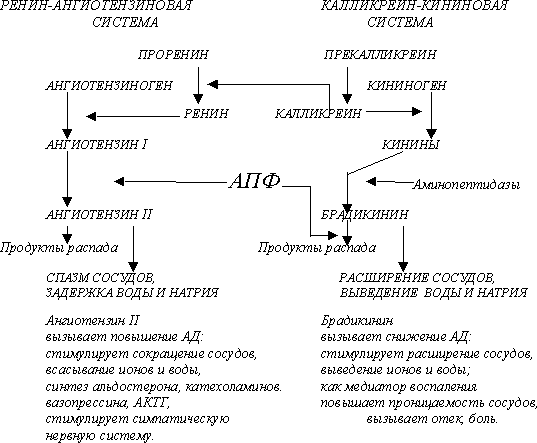AGING IS A SPECIFIC BIOLOGICAL FUNCTION
FUNCTION, RATHER THAN A RESULT OF DISORDER IN A COMPLEX LIVING SYSTEM: BIOCHEMICAL EVIDENCE SUPPORTING WEISMANN'S HYPOTHESIS V.P. Skulachev Belozersky Institute of Physico-Chemical Biology, Moscow Slate University; fax: (0095) 939-0338, E-mail: skulach@head.genebee. msu.su Submitted September 6, 1997 A concept postulating that aging is a specific biological function -hat promotes the progressive evolution of sexually reproducing species is considered. Death caused by aging purifies the population of ancestors and frees space for progeny carrying new useful traits. Like any other important function, aging is mediated by several molecular mechanisms working simultaneously. At least three such mechanisms have been postulated thus far: 1) telomere shortening due to suppression of telomerase at early stages of embryogenesis; 2) age-related inactivation of a mechanism inducing the synthesis of heat shock protein in response to denaturing stimuli; and 3) incomplete suppression of generation of reactive oxygen species (ROS) and incomplete scavenging of already existing ROS. All these phenomena cannot kill the organism but only weaken it, which becomes crucial under certain extreme conditions. This mechanism of aging-induced death can be compensated for (within certain time limits) by some positive traits, which greatly increases the evolutionary potential of species capable of performing this function. Similarly to apoptosis (programmed cell death), programmed death of the orgaism can be called "phenoptosis". Aging presumably belongs to the category of <soft> (extended in time and allowing a certain degree of compensation) phenoptosis, in contrast to "acute" phenoptosis, e.g. death of salmon females immediately after spawning.
Смотрите также:

